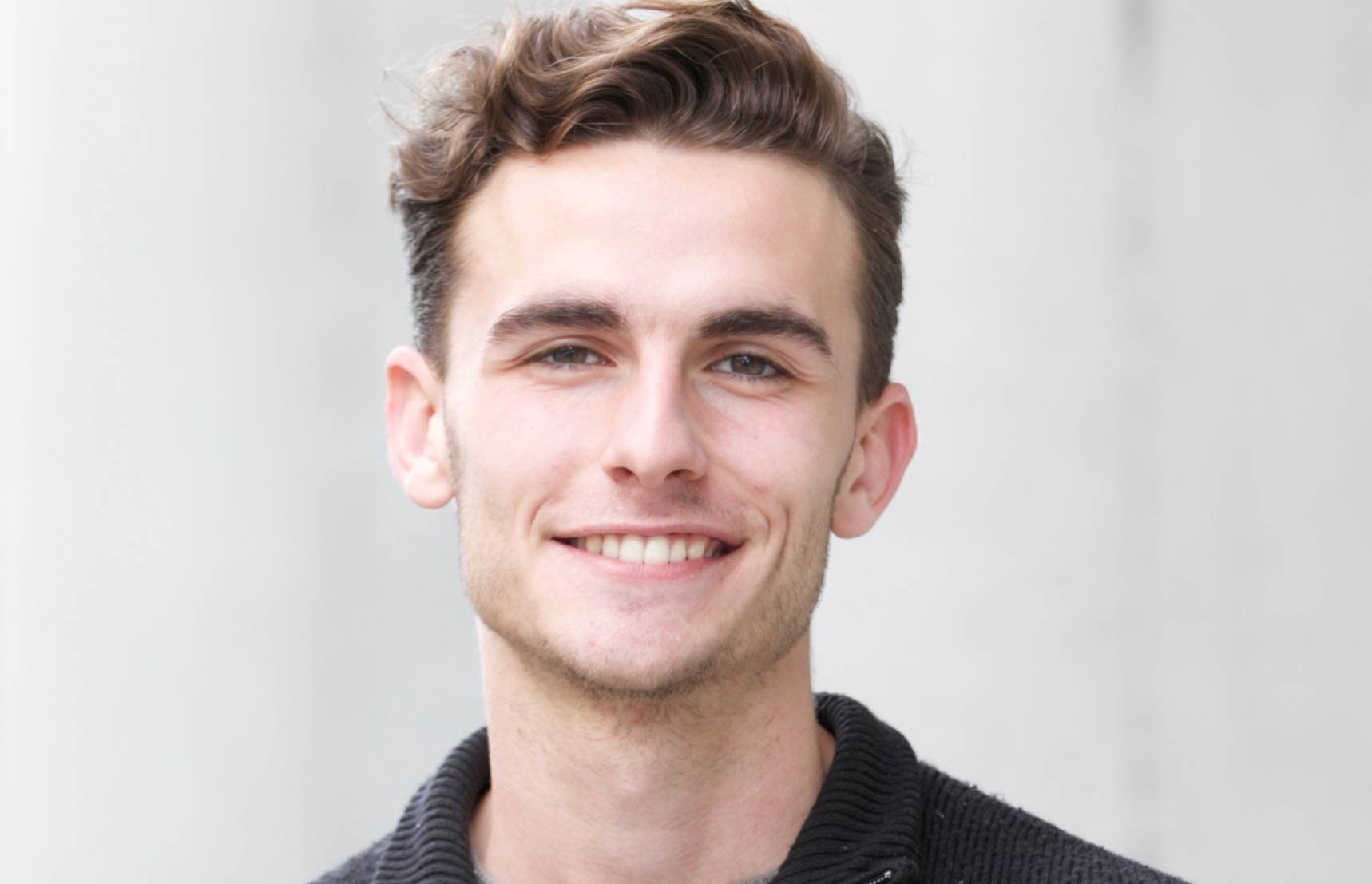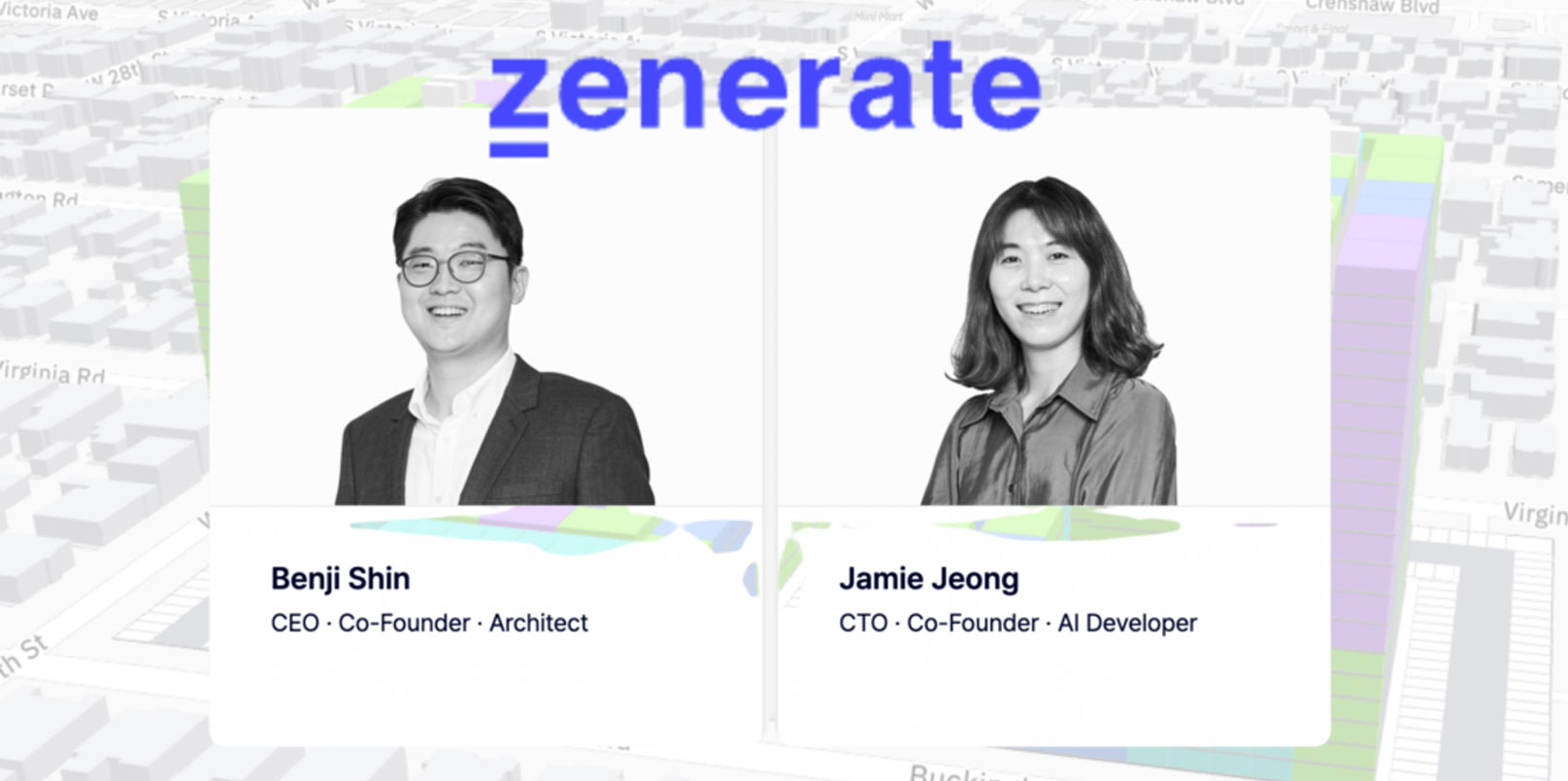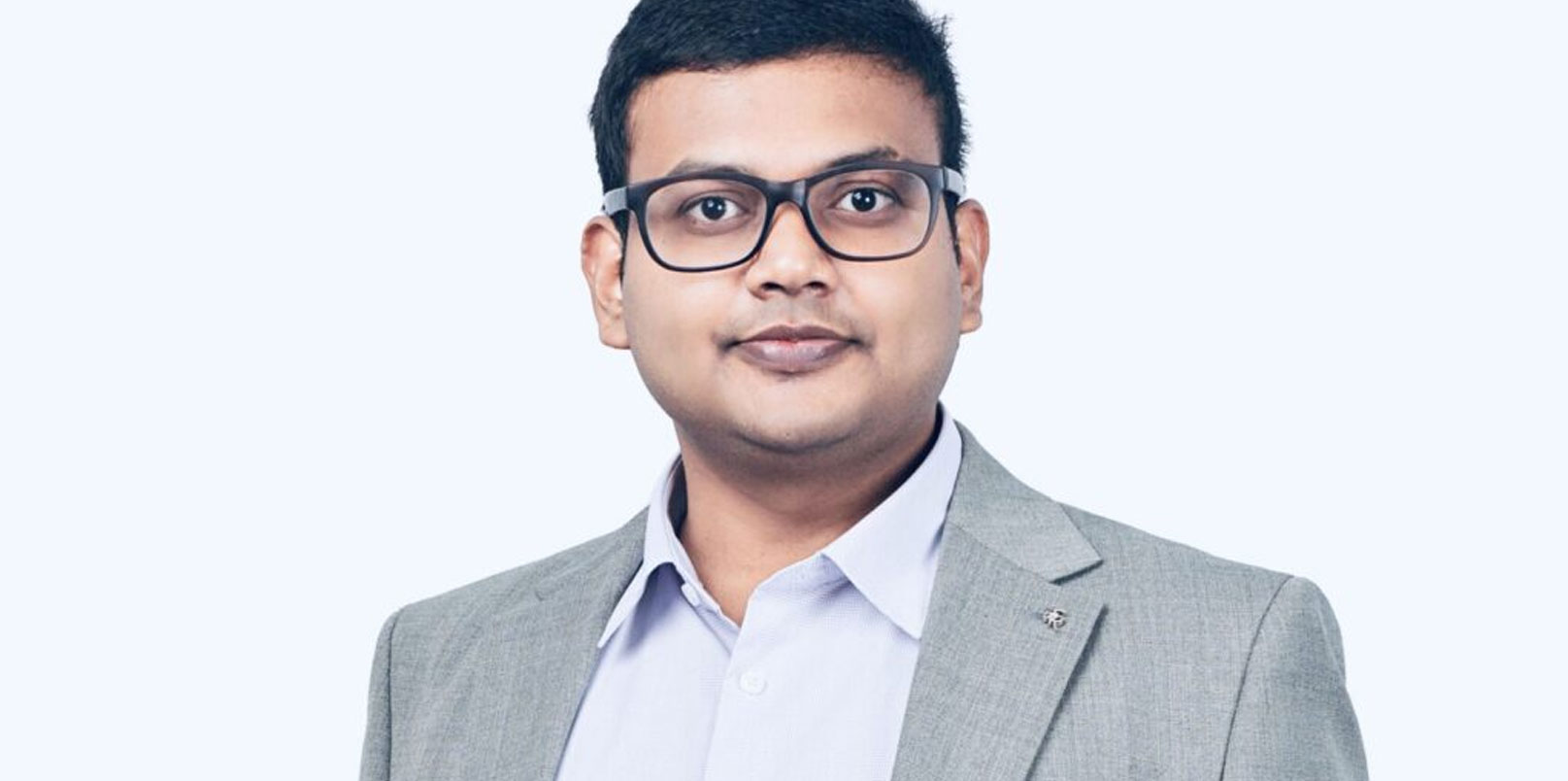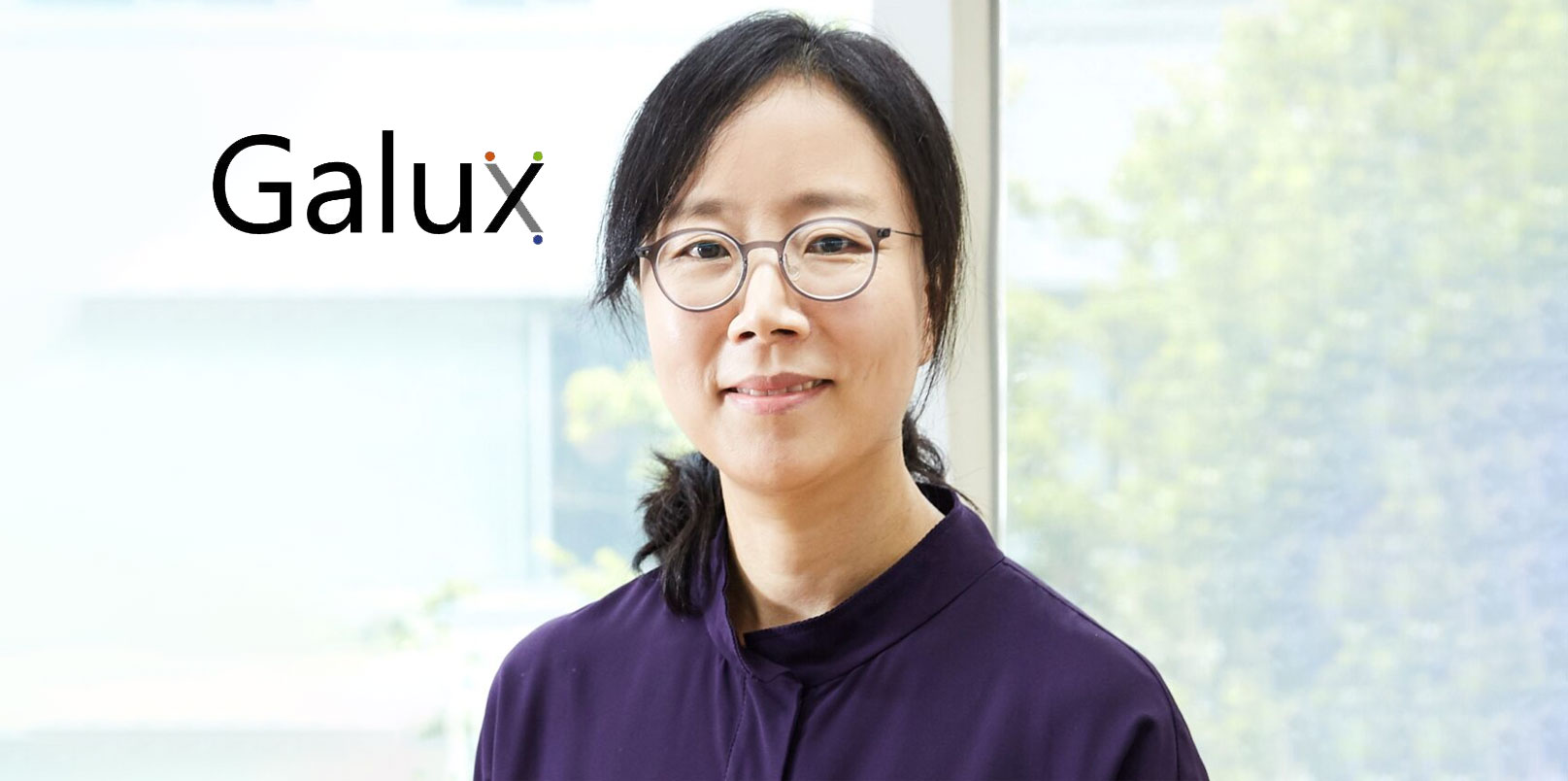Raphael Danilo is a French investor and entrepreneur based in Los Angeles. He is passionate about Artificial Intelligence (AI) and the Future of Work. In 2016, he founded Yobs.io, a data-driven recruiting solution that identifies candidate soft skills in video interviews. He is also an advisor and investor in several AI startups.
Raphael Danilo shared his thoughts about AI startups and his investment philosophy with koreatechdesk.com.
1. What is your background and domain expertise? And why did you become an investor?
My background is in Artificial Intelligence (AI) startups, both as an early employee and currently as a founder. In 2016, I co-founded Yobs.io with Federico Dubini and Netanel Bar-Ilan. We are a venture-backed AI startup focused on identifying soft skills and culture fits at scale for recruiting and training purposes. Our clients are scaling and large enterprises including Fortune 500 organizations. After getting first-hand exposure to what ground-zero looks like for AI startups in the current environment, I advised and made seed investments in AI startups alongside a notable US Venture Capital firm which trusted me with some capital.
2. As an investor, what kind of startups have you invested in and how did you find those startups?
I invest at the seed stage in startups that bring non-obvious insights to obvious problems. I primarily invest in enterprise AI startups because that’s where I can add the most value. The majority of my portfolio companies are led by minority and immigrant founders and I want to keep it that way. I think there’s a lot of incredible companies out there, especially at the early stage, that don’t have the same access to capital as those led by your typical “Startup Bros.”
And candidly, I think it’s both our social and fiduciary duty as investors to invest in underrepresented founders. I say fiduciary, too, because if another investor passes on a great investment because of their bias against the team, that creates an opportunity for the rest of us to make the smarter decision and fill that gap. Compounded over the years, those who invest with the most bias will suffer lower returns because of us, so it makes business sense to do good in this space.
3. What would be the core factors that you decide to invest in those particular companies?
I look at a lot of factors when investing in AI startups, but a great AI-specific framework to use at the early stage when there is limited data is Point Nine’s AI-first SaaS funding Napkin. The variables that stay constant regardless of industry are whether the team is resilient and has a valuable, unique vision for the space they operate in, and whether they’ve shown that they can execute on that vision.
4. What is the investment range of your company and in a typical year, how many startups do you invest in? And does S. Korea startups get investment if headquartered in certain countries?
I write small checks in several startups a year. All have been US-based, and I have a strong preference for startups with a US presence. For one, it’s less administrative headaches for me, and second, you can probably find more helpful investors than me locally if you’re not looking at the US as a core market at this stage of your company.
5. What are the main factors that startups fail as per your experience and how can they prevent mistakes in advance from your personal perspective?
Fundamentally, the formula to early-stage startup failure comes down to not reaching strong enough product-market fit before running out of cash. It’s not that complicated when you think of it that way. At every stage of the business, it’s a game of matching your product’s level of product-market fit with your available resources and runway. But the root causes are always company and industry-specific and that’s what makes every startup failure different. Cofounder fallouts, inability to ship product, lack of flexibility in responding to market feedback… you name it. Now, beyond pure brainpower, a founder who is a talented salesperson or fundraiser will have more runway to figure things out than their competitors, even in tough markets where the longtail is brutal. But ultimately, I’ve learned that a fair share of what determines a startup’s success is also out of the founder’s control. That’s sometimes the toughest pill to swallow as a founder. You can mitigate the systemic risk by surrounding yourself with a world-class team, securing enough sales or investor dollars, etc., to experiment and get things right. But picking large markets, going at them with the right angle and with the correct timing to build a massive business will always be an incredibly difficult task.
6. What’s your advice to entrepreneurs who meet investors like you and what are the top 3 questions you always ask founders?
Do your research and try to get a personal introduction, if possible. I often respond to cold requests if it’s a thoughtful one and the founder did their research. But if it comes from a trusted source, it’s always a great filter. My questions are usually centered on your story, the tailwinds in your market that will make your business ubiquitous, and how will you get there.
7. What’s your general thought about the term “global” and what are the important criteria for Korean startups to consider for a US expansion?
I’m an immigrant myself, and I’ve lived in Europe, America, and Asia, so I’d say I’m pretty open to anything global! Any company looking to come to the US should know that the Techcrunch headlines about ‘Silicon Valley 18-year olds raising massive rounds of funding’ are not the norm and that any major tech hub here is competitive. Further, as an immigrant, everything will be twice as hard for you than a US local, and I can say this from personal experience. My only advice is, be honest and thoughtful about why expanding or relocating to the US is the right thing for you, as opposed to operating in a local market you probably know better. But if you have a good answer to that, then the US is certainly an awesome place to be.
8. Our company name is “beSUCCESS”, what’s your definition of the term “success” as an investor or as an individual human being?
I always ask myself in whatever I do if I’m having fun and I’m learning. It usually comes down to the autonomy, impact, and people related to the work. If those factors are in the green, I often find myself fulfilled with the work and personal stuff. My philosophy is pretty simple in that regard.
9. What are the one or two things you would do differently if you could go back to 10 years ago?
I generally like to avoid redoing the past because I think it’s served its purpose in making me who I am today if that makes sense. There’s a great quote I will paraphrase, “Understand your past and be present and your future will be bright.” Or something like that. If you’re reading this and find the exact quote, that’d make a great subject line to a cold email pitch me!
10. When you come to Korea next time, what kind of Korean entrepreneurs and startups you want to meet?
I’d love to meet any Korean founder building a cool new enterprise AI company, regardless of size. Hopefully over some Korean BBQ!





